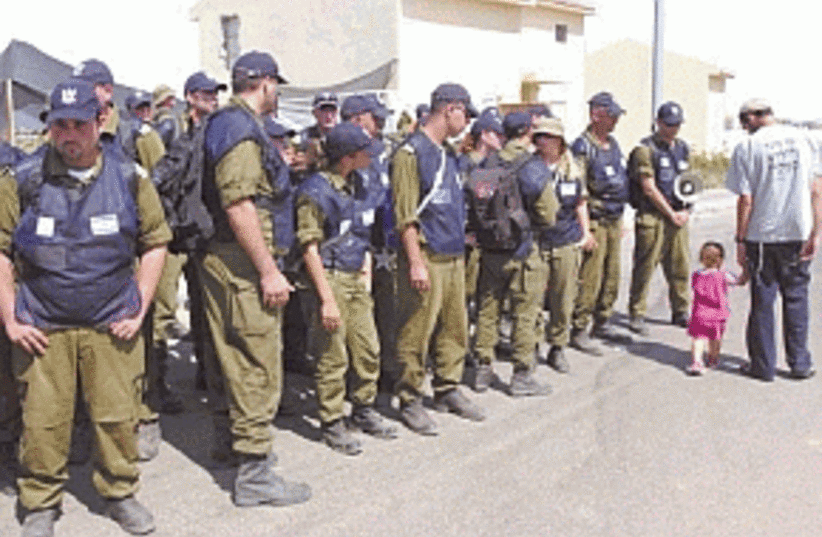| More about: | Land of Israel, World Economic Forum, Gaza Strip |
HCJ rejects last pre-pullout petition
Court rules sanctions against settlers who didn't leave home on time are legal.


| More about: | Land of Israel, World Economic Forum, Gaza Strip |